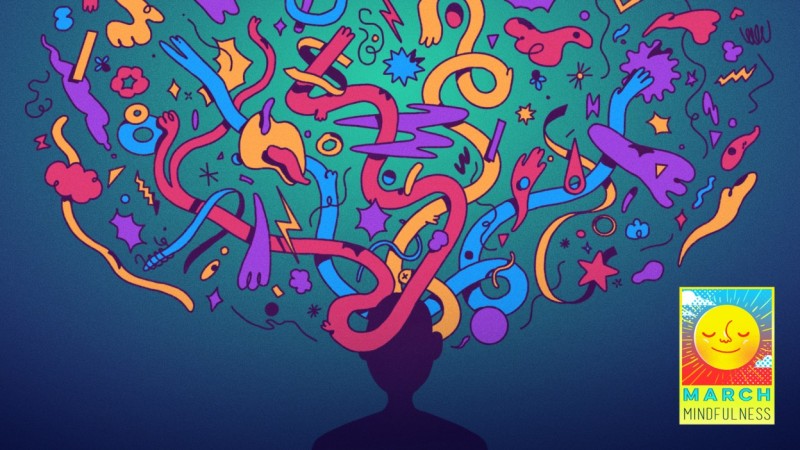Current location:Home > Life Optimization > Digital Detox > Text
Time:2025-06-11 Source:Mind Body FuelAuthor:Click:99
Understanding the relationship between blue light and melatonin is increasingly crucial in our modern, screen-filled lives. As more people experience sleep disorders, eye problems, and other health issues, the role of blue light has come under the spotlight.
Blue light is a type of light with a short wavelength that produces a high amount of energy. It is naturally produced by the sun and artificially by devices such as computers, smartphones, and flat-screen televisions. While blue light isn’t inherently harmful, excessive exposure, especially at night, can disrupt the production of melatonin, a hormone that regulates our sleep-wake cycle.
Our bodies produce melatonin in response to darkness. It helps us feel sleepy and maintains our circadian rhythm, commonly known as the body clock. However, when our eyes are exposed to blue light, especially in the evening, it tricks our brain into thinking it’s still daylight. This confusion can delay the release of melatonin, disrupt our sleep schedule, and result in various health issues.
A 2022 study from the Sleep Research Society found that people who used electronic devices for two hours before bedtime showed a significant reduction in melatonin levels. This reduction often leads to insomnia, irregular sleep patterns, and even daytime fatigue.
Moreover, chronic disruption of the sleep-wake cycle has been linked to more severe health issues, including obesity, diabetes, and heart disease. A 2023 report in the Journal of Nutritional Health also linked low melatonin levels to an increased risk of certain types of cancer.
Fortunately, there are practical steps we can take to manage our exposure to blue light. For instance, limiting screen time during the evening can significantly improve our sleep patterns. If this isn’t possible, consider using blue light filters or wearing glasses that block blue light.
Another effective strategy is to maintain a regular sleep schedule. Going to bed and waking up at the same time every day can help regulate our body clock and improve melatonin production. It’s also beneficial to spend time outside during the day and keep the bedroom dark at night.
Understanding the connection between blue light and melatonin is an essential aspect of wellness and health. By managing our exposure to blue light, we can improve our sleep patterns, boost our overall health, and even prevent serious conditions. Remember, balance is key – while we cannot avoid blue light entirely, we can take steps to minimize its impact on our health.

Comparing Weightlifting Belts: Rogue vs Harbinger Performance Analysis

Crafting Your Ideal Vitamin Supplement Schedule for Optimal Health

Unlocking Wellness: Your Guide to an Ayurvedic Dosha-Balancing Plan

Boost Your Productivity with a Digital Detox: A Comprehensive Guide

Embrace Yoga for Better Body Alignment: A Path to Wellness

Utilizing a Heart Coherence Timer for Enhanced Wellness and Health

Unlocking the Health and Beauty Benefits of Wakame Alginate

Unleashing The Power Of Fitness Equipment: A Comprehensive Guide

Pilates for Full Body Workout: Enhancing Strength, Flexibility, and Wellness

Understanding the Vital Safety Features of Power Racks for Enhanced Workouts
 Comparing Weightlifting Belts: Rogue vs Harbinger Performance Analysis
Comparing Weightlifting Belts: Rogue vs Harbinger Performance Analysis
 Utilizing a Heart Coherence Timer for Enhanced Wellness and Health
Utilizing a Heart Coherence Timer for Enhanced Wellness and Health
 Unlocking the Health and Beauty Benefits of Wakame Alginate
Unlocking the Health and Beauty Benefits of Wakame Alginate
 Boost Your Wellness with Grip Strengtheners: A Comprehensive Guide to Hand Therapy
Boost Your Wellness with Grip Strengtheners: A Comprehensive Guide to Hand Therapy






Copyright @ 2025 Mind & Body Fuel Email:xya0876@gmail.com No:26148
Statement: The articles on this website are all from the Internet and do not represent any views. Before making any health decisions, you must consult your doctor.